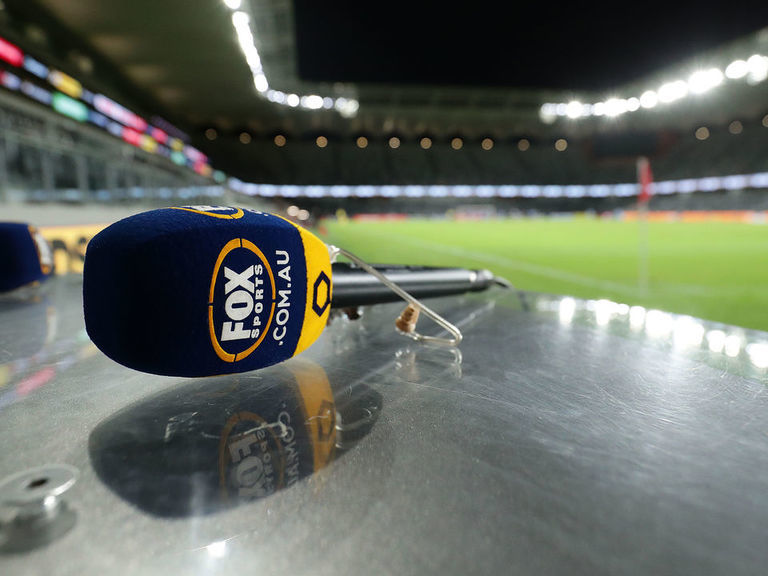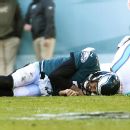Study finds racial bias in English-speaking soccer commentary

English-speaking soccer commentary features widespread racial bias, according to a study by Danish firm RunRepeat.
The study, performed in coordination with the Professional Footballers’ Association (PFA), analyzed 2,073 statements from English-speaking commentators across the Premier League, Serie A, La Liga, and Ligue 1 this season.
It found that players with darker skin tones are “significantly more likely” to be reduced to physical traits such as “pace” and “power.”
Roughly 62% of praise was aimed at players with lighter skin, who were often lauded for their intelligence, hard work, and quality. Meanwhile, 63.33% of commentators’ criticism relating to the intelligence of a player is aimed at those with darker skin.
In addition, a player’s power is 6.59 times more likely to be discussed by commentators if he has darker skin, while his pace is 3.38 times more likely to be talked about.
“To address the real impact of structural racism, we have to acknowledge and address racial bias. This study shows an evident bias in how we describe the attributes of footballers based on their skin color,” PFA equalities executive Jason Lee said.
He added: “Commentators help shape the perception we hold of each player, deepening any racial bias already held by the viewer. It’s important to consider how far-reaching those perceptions can be and how they impact footballers even once they finish their playing career.”
RunRepeat’s study – which spanned six months and analyzed commentary from 80 matches across the aforementioned leagues – was sourced from several broadcasters, including Sky Sports, BT Sport, FreeSports, beIN Sports, NBCSN, ESPN, and TSN, according to Sachin Nakrani of the Guardian.
Among those broadcasters examined, roughly 5% of commentators and co-commentators were from a Black, Asian, or minority ethnic (BAME) background, Nakrani adds.
In response to the study, ITV’s Clive Tyldesley wrote to the PFA to say co-commentators should receive better training before being allowed to work during matches.
“Aside from all the cliches and the hype we’re accused of, we do try, or we should try, to use the language accurately and responsibly,” Tyldesley said. “Racial stereotypes are not just wrong, morally wrong, they are inaccurate and they are irresponsible. They are lazy, thoughtless, and, in my blown-up opinion, far too much sports commentary is lazy and thoughtless.”



